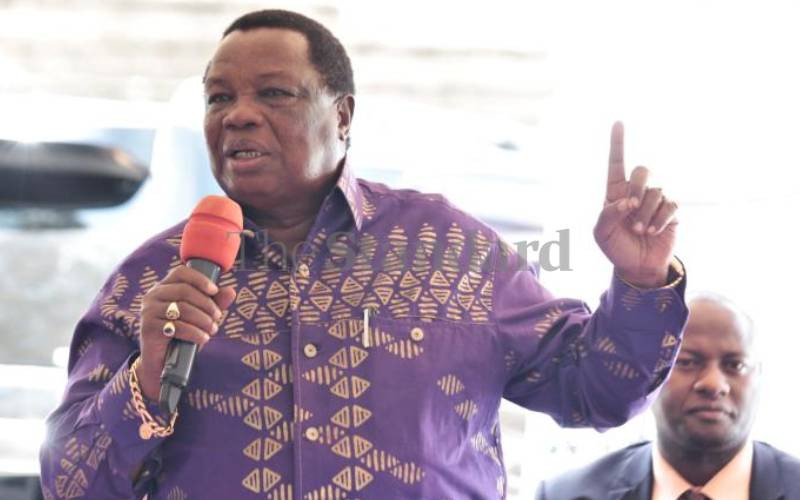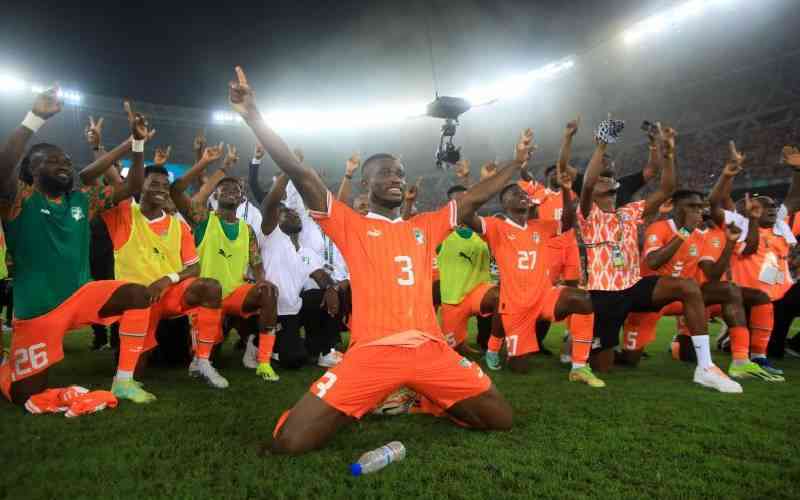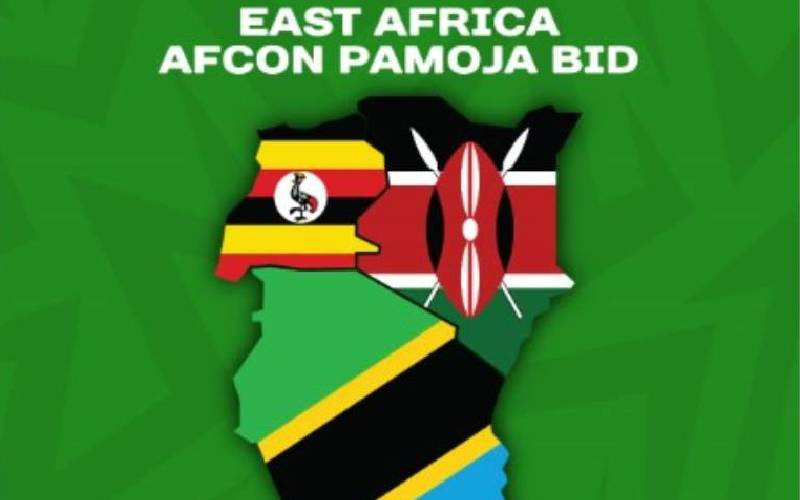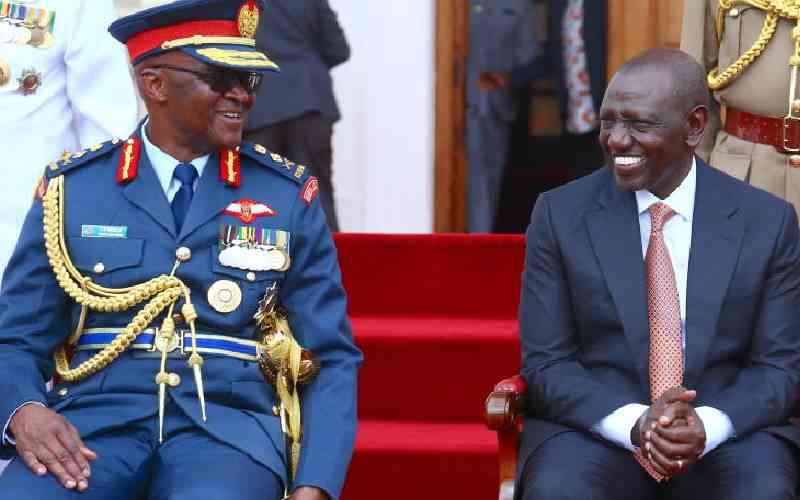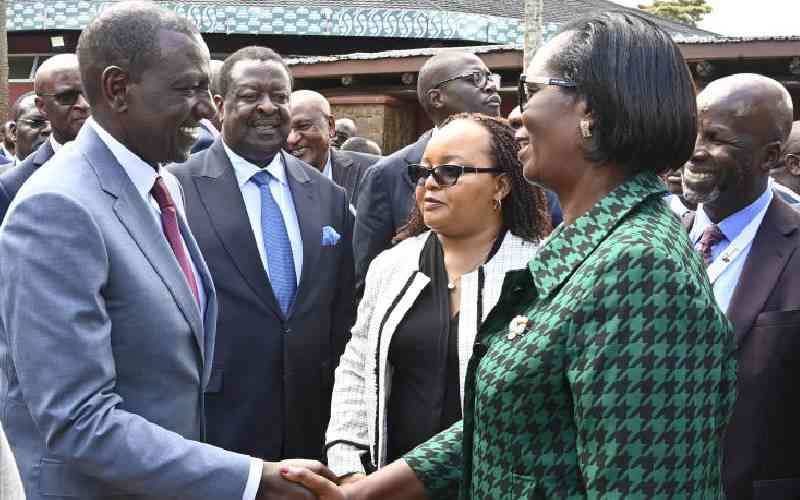The ongoing Africa Cup of Nations (AFCON) tournament in Cote d’Ivoire is yet another opportunity to consider the economic value of sports events to Kenya and East Africa as they prepare to host AFCON in 2027. The celebration of culture will forever be etched in the minds of those who watch it on television. There lies the power of cultural diplomacy.
Even though attendance is poor, the experience in the beautiful stadiums looks like something to look forward to. There is speculation that the poor attendance may be due to high ticket costs, high cost of air travel and visa restrictions in Africa.
Fortunately, with its visa free policy, Kenya will forestall any chance of poor attendance come 2027. Regardless of the highlights and the setbacks, every country with an opportunity to host an international event stands to benefit economically in terms of tourist numbers and its impact to the economy in addition to the sales of merchandise and memorabilia that accompanies those visits.
This informs the strict intellectual property checklist countries bidding for events must comply with to be able to host Olympic events and the World Cup. Both International Football Federation and the International Olympic Committee control the branding of events and broadcast rights by virtue of the ownership of World Cup franchise and the latter by virtue of the Nairobi Treaty on protection of Olympic Symbol.
The broadcast rights of various media and territories which sees stiff competition constitute a big part of the income of international sports bodies. Advertising during such events is another source of income. However, host countries in most cases spend substantial sums to set up stadia, hotel and logistical facilities to be able to gain from these extravaganzas.
Away from international events, Intellectual Property (IP) has a role in all sporting sectors. Big football teams in Europe use IP to earn from leveraging on income from merchandise and share of broadcast income. The situation is not so rosy for sports persons, sports clubs and associations in Kenya and these needs to change. In this regard, vibrant associations like Athletics Kenya can take the lead.
The process, however, requires a deliberate effort if the benefit is to accrue. For instance, each individual sportsperson, club and association requires to undertake an IP audit. An IP audit enables anyone to find out what IP assets are in place, those out of place and the ones that could be put in place.
After an IP audit, a decision could be made to register any IP not yet registered; renew IP that may be out of registration; conduct IP valuation and develop a monetisation strategy. The results of IP audit can be an opportunity to assert rights under threat of encroachment and review contracts. The sale of merchandise based on registered trademarks is an easy entry point. The same strategy may apply to the organisers of international events.
In addition to contributing to tourism, gate earnings and being an opportunity to project a favourable national image, the organising teams must secure and monetise any IP in the process. Similarly, successful individual athletes build valuable brand names and require guidance to learn and earn from their potential IP as brands and influencers.
One area of concern that arises repeatedly for the sport industry is the protection of image rights of players. These requires contracts that allow for exploitation of those images as well as value for the players. In this regard, as Kenya and East Africa initiate the organisational details for AFCON, something needs to be done to support sportspeople and sports associations to earn from IP rights.
 The Standard Group Plc is a
multi-media organization with investments in media platforms spanning newspaper
print operations, television, radio broadcasting, digital and online services. The
Standard Group is recognized as a leading multi-media house in Kenya with a key
influence in matters of national and international interest.
The Standard Group Plc is a
multi-media organization with investments in media platforms spanning newspaper
print operations, television, radio broadcasting, digital and online services. The
Standard Group is recognized as a leading multi-media house in Kenya with a key
influence in matters of national and international interest.
 The Standard Group Plc is a
multi-media organization with investments in media platforms spanning newspaper
print operations, television, radio broadcasting, digital and online services. The
Standard Group is recognized as a leading multi-media house in Kenya with a key
influence in matters of national and international interest.
The Standard Group Plc is a
multi-media organization with investments in media platforms spanning newspaper
print operations, television, radio broadcasting, digital and online services. The
Standard Group is recognized as a leading multi-media house in Kenya with a key
influence in matters of national and international interest.


